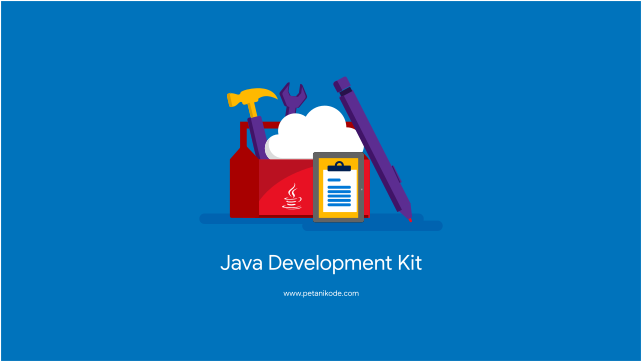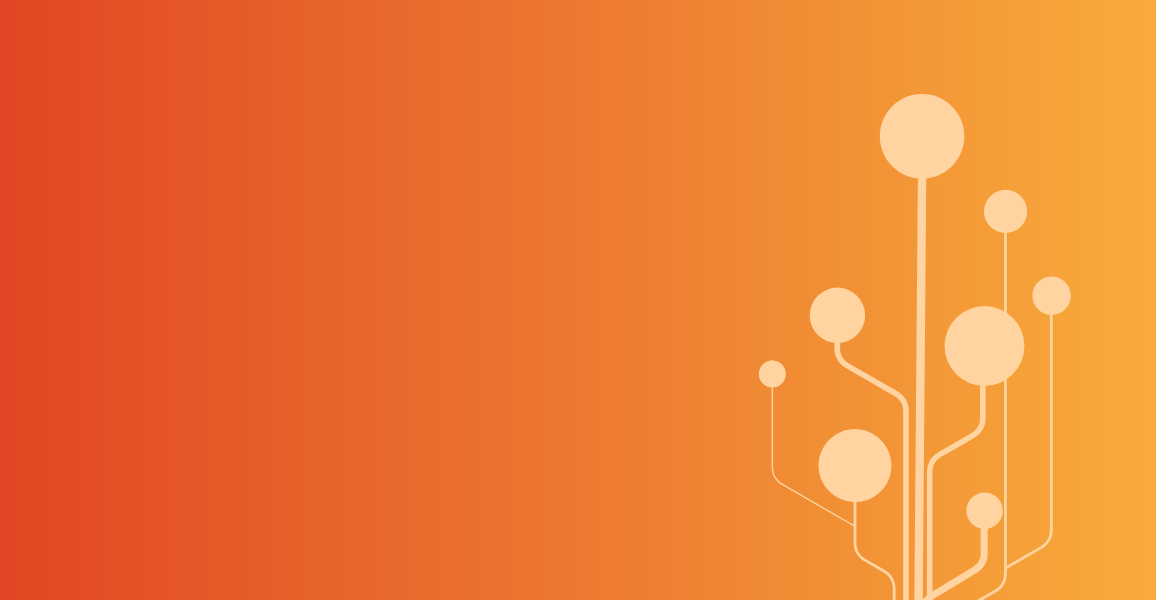
- #JAVA JDK VS OPENJDK INSTALL#
- #JAVA JDK VS OPENJDK UPDATE#
- #JAVA JDK VS OPENJDK DOWNLOAD#
- #JAVA JDK VS OPENJDK FREE#
While both OpenJDK and Oracle JDK are created and maintained by Oracle, there are some key differences to note. Key differences between the Oracle JDK and OpenJDK OpenJDK was introduced and established by Sun Microsystems as a promise to make the Java platform open source.
#JAVA JDK VS OPENJDK FREE#
The OpenJDK is a free open source implementation of Java standard edition (SE).
#JAVA JDK VS OPENJDK INSTALL#
When you install Java, you typically install the JDK for both running your applications and developing them. The Oracle Java Development Kit (JDK) includes the Java runtime environment (JRE) as well as other tools and components for developing Java applications. Oracle JDK vs OpenJDK What is the Oracle JDK?

It also has several cool development features worth checking out. Released in September 2021, Java 17 offers performance and security enhancements that make it worth the migration. Java 17 is the most recent version of Java offering LTS. It is the next major version of Java offering LTS after 8. Java 11 was released in September of 2018. Oracle officially stopped posting updates for Java 8 after September 2016. It's improvements over Java 7 include language level support for lambda expressions, a new DATE/TIME API, and project Nashorn (a JavaScript runtime environment that allows developers to embed JavaScript within Java apps). Java 8 was released in 2014 and replaced Java 7 as the default recommended download. In today's world, there are 3 versions of Java that you'll commonly run across: Java 8 This edition is most appropriate for mobile device Java developers. The micro edition provides a subset of the functionality that comes with SE, however it includes some additional libraries specific to mobile development. While EE is appropriate for big business and large scale projects, it's added functionality is not necessary for newcomers or individual developers looking to get their feet wet. The enterprise edition emphasizes large, fault-tolerant, distributed apps which characterize an enterprise environment. The enterprise edition includes everything found in the standard edition with some additional libraries providing functionality for large-scale enterprise environments. For most developers (especially those just getting started) the standard edition is the most appropriate. It includes all of the core libraries and APIs that every Java programmer needs to be familiar with. The standard edition is the core Java programming platform. The most common editions of Java include: Standard Edition (SE) These letters specify the edition of Java you are using.
#JAVA JDK VS OPENJDK DOWNLOAD#
When you download Java, you'll often see different options for "Java SE 7" or "Java EE 8" While the number clearly indicates the version number, the letters tend to confuse newcomers. In this article, we discuss the relevant versions of Java available including key differences and the version that’s most appropriate for your needs. With all the different versions and editions to choose from, it can be difficult to know which version of Java is right for you. While both 9 and 10 have been released, neither will be offering LTS.Since it's first release in 1996, Java has maintained a reputation for being one of the most secure, reliable, and platform independent languages for computer programming.ĭespite its popularity, getting started with Java can be overwhelming. Java SE 11 OR 17 remains the preferred production standard in 2022. Java SE 11 was released in September 2018 and will be the next major version with long term support (LTS). For these reasons, LTS support editions are only recommendations for production releases including Java SE 8 and Java SE 11. BUT REMEMBER it will not offer long term support (LTS).
#JAVA JDK VS OPENJDK UPDATE#
Update (March 29, 2020): Java 14 is the latest stable release and shows promising new features.

Update (February 15, 2021): Java 11 remains most recent version featuring long term support (LTS) while Java 15 offers promising new features. This leaves 3 versions offering LTS (8, 11, and now 17). In 2022, the majority of applications are using Java 8+. While Java 17 offers LTS, it's certainly not unusual if your application is using 11 or even 8. It's important to note that even in 2022, many applications continue to run on Java 8 and Java 11.


 0 kommentar(er)
0 kommentar(er)
